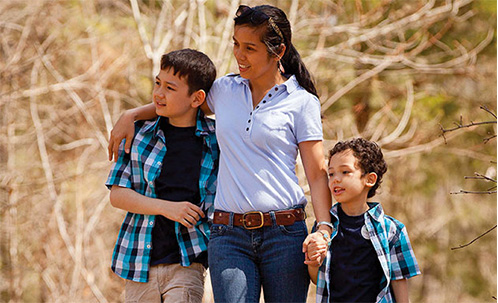For the peer partners, the experience can teach them the many ways they are similar to their friends with disabilities, as opposed to focusing on differences. Peer programming also teaches them how to be a generous and patient friend. It helps them realize that whoever we are, we are stronger together and we all rely on others to help us along in life.
Want to make a long term difference?
A peer-to-peer program is when a student with autism (or any disability) is paired with a neuro-typical student, both in structured teaching settings as well as in the informal social settings of the educational environment. The hope is that the peer interaction will not only provide some help with educational deficits of the students with autism, but also improve their social and communication skills. It can also provide a better understanding of empathy and socially appropriate behavior. Research on this topic points to the benefits of improved cognitive abilities for the children with autism, particularly for younger children. However, the most important outcome is expansion of the child’s social circle and an overall broadening of social skills and inherent self-esteem.
Ready to get started? Download or print our tips: Building a Successful Peer-to-Peer Program

Learn more:
Peer Programs: A Win-Win Proposition: Good peer programming in schools is essential and leads to something many take for granted in this world: pure and simple friendship, writes Wanda Curley, whose son with autism benefited from such a program. Read her article to learn what a good peer program for a student with autism might look like.
PALS create joy at Sanderson High School: Teens at a Raleigh school are building friendships with students who have autism. The PALS club has just two rules, their adviser said. Be respectful. Have fun. “I wanted everyone who was there to be there because they wanted to be,” she said. Read about this fantastic group of students and be inspired to start your own group.

